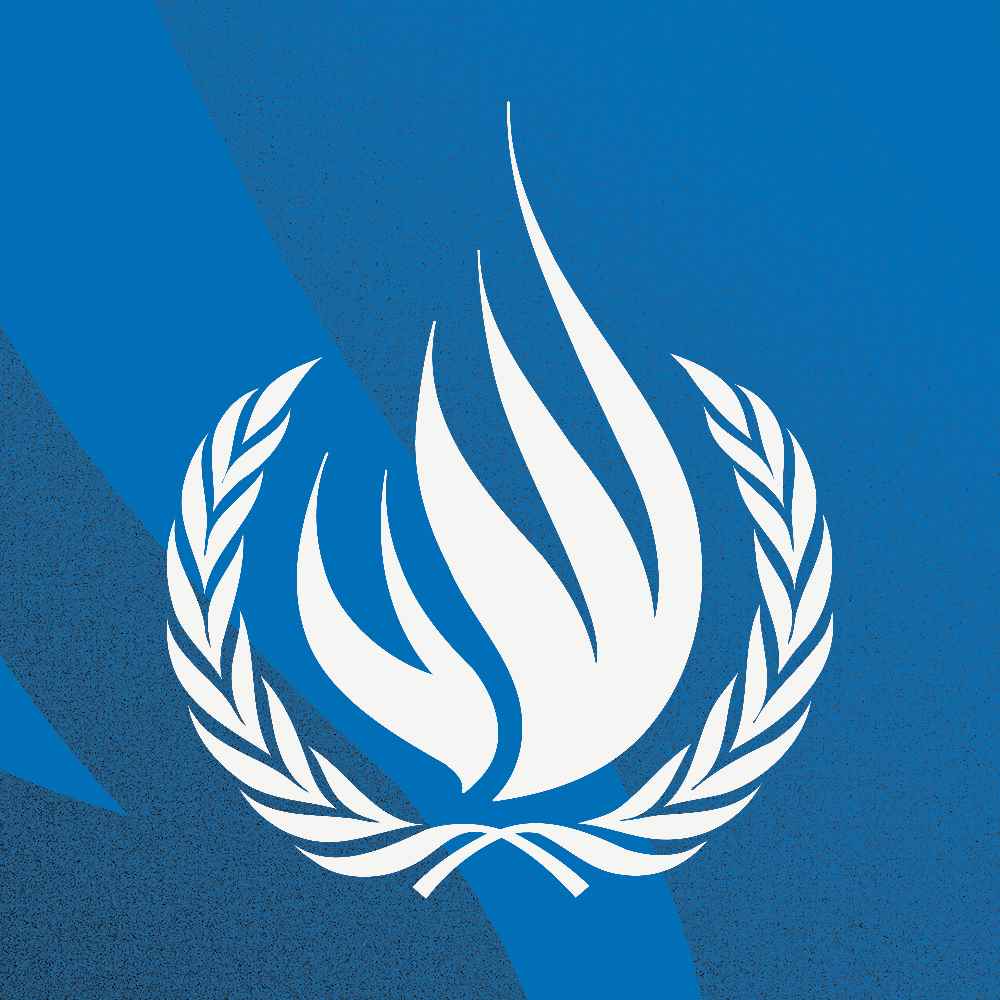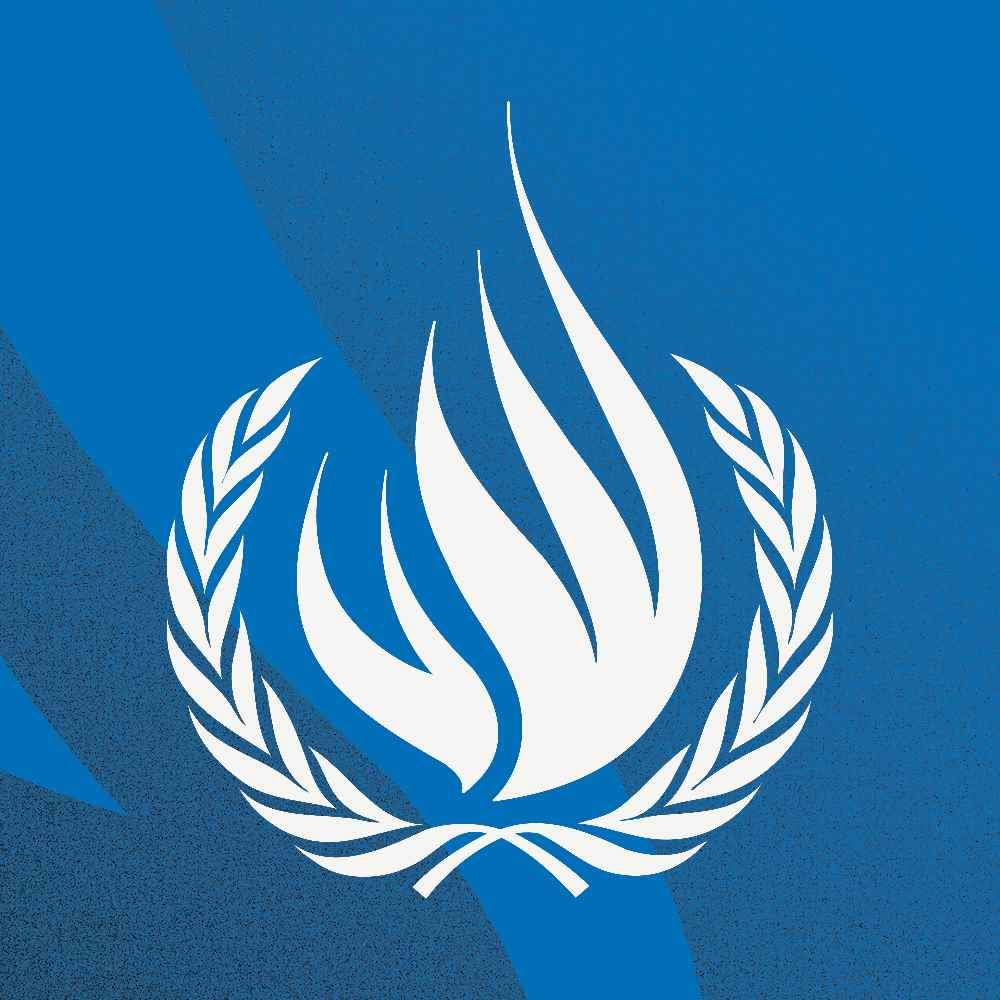
The Committee against Torture this morning closed its seventy-second session after adopting its concluding observations on the reports of Bolivia, Kyrgyzstan, Lithuania, Serbia and Sweden, and on the situation in Nigeria in the absence of an initial report.
Committee Chairperson Claude Heller recalled the election at the beginning of the session of the Chairperson and Officers of the Committee. Noting that Bolivia had been reviewed during two two-hour focused, hybrid reviews rather than standard three-hour meetings, he underscored that the method did not create a precedent, and that the decision had been taken on an exceptional basis due to the COVID-19 pandemic.
Going over some of the main aspects of the concluding observations to be issued, Mr. Heller noted that on Bolivia, the Committee was concerned about the insufficient progress in the investigation of the alleged torture, ill-treatment, and excessive use of force that occurred during the socio-political crisis of 2019-2020. The Committee called on Bolivia to promptly investigate all those acts, and prosecute and punish all perpetrators.
On Kyrgyzstan, the Committee remained deeply concerned about the allegations of torture and ill treatment of people deprived of their liberty, in particular by law enforcement officials, while in police custody, Mr. Heller said. The Committee called on Kyrgyzstan to conduct prompt and independent investigations into all such allegations, including against lesbian, gay, bisexual and transgender people.
On Lithuania, the Committee observed that the country was facing unprecedented challenges from the ongoing refugee and migrant crisis. It expressed concerns over the reported instances of collective expulsion of asylum seekers and pushback operations at its borders, and called on Lithuania to ensure access of all asylum seekers to asylum procedures, as well as to ensure appropriate reception conditions in accommodation sites for refugees, asylum seekers and undocumented migrants.
On Nigeria, Mr. Heller noted that the Committee was alarmed by the allegations of ongoing sexual and gender-based violence in the state-run camps for internally displaced people, as well as by the continued practice of female genital mutilation and the high rate of maternal mortality, often resulting from rape. The Committee urged the State party to step up its efforts to combat all forms of sexual and gender-based violence, and to protect internally displaced persons, especially women and girls.
On Serbia, to ensure that all suspects of war crimes and crimes against humanity, including high-ranking police officers, military personnel and political officials, were brought to justice, the Committee recommended that the State party either extradite the alleged perpetrators to the State with jurisdiction over the crime, or transfer them to an international criminal court, or prosecute them domestically.
On Sweden, the Committee called on the State party to abolish solitary confinement for minors. It also requested Sweden to guarantee that all foreign nationals at risk of deportation, including those from “safe countries of origin,” had access to fair procedures, and to ensure that all credibility assessments were undertaken in a non-arbitrary way by trained professionals.
Mr. Heller noted that during its session, the Committee had adopted lists of issues prior to reporting for Canada, Guatemala, Netherlands, Peru and Saudi Arabia. At its seventy-third session, scheduled to be held in Geneva from 19 April through 13 May 2022, the Committee was scheduled to review the reports of Cuba, Iceland, Iraq, Kenya, Montenegro and Uruguay. It was also set to adopt the lists of issues prior to reporting of the following States: Benin, Democratic Republic of Congo, Germany, Greece, Mexico, Poland, South Africa, Togo and the United Kingdom.
Turning to the complaints procedure, Mr. Heller noted that during its session, the Committee had examined 23 individual complaints and adopted 15 decisions, while four complaints were discontinued. It also examined progress in implementation of two previous decisions, and decided to close the follow-up dialogue on one of them with a note of satisfactory implementation, while keeping the other follow-up dialogue open.
Mr. Heller noted the lack of cooperation by Burundi under the individual complaints procedure, saying that the refusal to transmit the government"s observations and the lack of responses under the procedure for monitoring the implementation of the Committee"s Views constituted clear and systematic breaches of the State"s obligations under article 22 of the Convention.
Mr. Heller then reviewed the Committee’s activities on follow-up under articles 19 and 22 of the Convention, and in relation to reprisals. Further information is available in the meetings summary of 29 November.
Also during the session, together with its Subcommittee on the Prevention of Torture, Mr. Heller said that the Committee had recently issued a joint press release on violence in Ecuador’s prison system. The two had also held a meeting with the Association for the Prevention of Torture on the recently published principles on effective interviewing for investigations and information-gathering, also known as the “Mendez Principles”.
Thanking all the non-governmental organizations, civil society organizations, national human rights institutions and national preventive mechanisms for their contributions to the session, Mr. Heller added that in-person meetings were essential and could not be substituted by remote meetings. Budget limitations hampered and hindered the Committee’s activities and mandate, and the Office of the High Commissioner for Human Rights had an obligation to ensure treaty bodies had the human and financial resources to be able to fully discharge their duties under their mandates.
The webcast of the Committee against Torture meetings can be found here. All meeting summaries can be found here. Documents and reports related to the Committee against Torture’s seventy-second session can be found here.
The Committee is scheduled to hold its seventy-third session from 19 April through 13 May 2022, during which it will review the reports of Cuba, Iceland, Iraq, Kenya, Montenegro and Uruguay.
Link: https://www.ungeneva.org/en/news-media/meeting-summary/2021/12/committee-against-torture-closes-seventy-second-session-after










